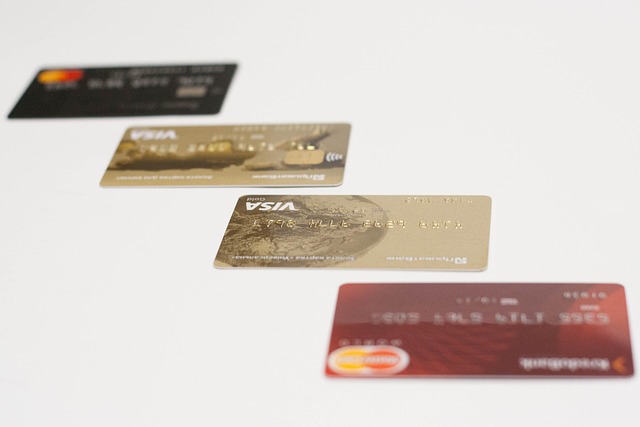Credit solutions even with bad credit history
Having a poor credit history can make it challenging to secure loans or credit, but it doesn't mean you're out of options. This article explores the factors that affect creditworthiness, available credit options for those with negative ratings, and ways to improve your chances of getting a loan.

What factors influence your creditworthiness?
Creditworthiness is determined by several key factors that lenders consider when evaluating loan applications. Your credit score, which is typically based on the FICO model in the United States, plays a crucial role. This score takes into account your payment history, credit utilization, length of credit history, types of credit accounts, and recent credit inquiries. Additionally, lenders may consider your income, employment stability, debt-to-income ratio, and assets when assessing your creditworthiness.
How does a negative credit rating impact loan options?
A negative credit rating can significantly limit your loan options and increase the cost of borrowing. Traditional banks and credit unions may be hesitant to approve loans for individuals with poor credit scores. However, this doesn’t mean you’re entirely shut out from credit opportunities. Alternative lenders and specialized financial products have emerged to cater to borrowers with less-than-perfect credit histories.
What credit options are available despite a negative rating?
Despite having a negative credit rating, several options may still be available to you:
-
Secured loans: These loans require collateral, such as a car or savings account, which reduces the lender’s risk.
-
Peer-to-peer lending: Online platforms connect borrowers with individual lenders who may be willing to take on higher-risk loans.
-
Credit-builder loans: These small loans are designed to help borrowers establish or improve their credit history.
-
Cosigned loans: A creditworthy cosigner can help you qualify for a loan by agreeing to be responsible for the debt if you default.
-
Payday alternative loans: Some credit unions offer small, short-term loans with more favorable terms than traditional payday loans.
How can you increase your chances of getting a loan?
Improving your chances of loan approval requires a multi-faceted approach:
-
Check your credit report for errors and dispute any inaccuracies.
-
Pay all bills on time to demonstrate financial responsibility.
-
Reduce your credit utilization by paying down existing debts.
-
Consider a secured credit card to build a positive payment history.
-
Maintain stable employment and increase your income if possible.
-
Save for a larger down payment to reduce the loan amount needed.
-
Explain any extenuating circumstances that may have led to your poor credit history.
What unique strategies can help overcome bad credit?
When dealing with bad credit, it’s essential to think outside the box. Consider joining a credit union, as they often have more flexible lending criteria than traditional banks. Explore local community development financial institutions (CDFIs) that may offer specialized loan programs for individuals with challenged credit. Additionally, some employers offer small, low-interest loans as part of their benefits package, which could be an option worth exploring.
What are some real-world credit solutions for bad credit borrowers?
For those with bad credit seeking loan options, several providers offer specialized products. Here’s a comparison of some available solutions:
| Provider | Loan Type | APR Range | Loan Amount Range | Key Features |
|---|---|---|---|---|
| Avant | Personal Loans | 9.95% - 35.99% | $2,000 - $35,000 | Fast funding, flexible terms |
| OneMain Financial | Secured & Unsecured Loans | 18.00% - 35.99% | $1,500 - $20,000 | Branch locations, secured options |
| Upstart | Personal Loans | 6.76% - 35.99% | $1,000 - $50,000 | AI-powered underwriting |
| OppLoans | Installment Loans | 59% - 160% | $500 - $4,000 | No credit score requirements |
| LendingPoint | Personal Loans | 9.99% - 35.99% | $2,000 - $36,500 | Considers factors beyond credit score |
Prices, rates, or cost estimates mentioned in this article are based on the latest available information but may change over time. Independent research is advised before making financial decisions.
While these options provide opportunities for those with bad credit, it’s crucial to carefully consider the terms and costs associated with any loan. High interest rates can make repayment challenging, potentially exacerbating financial difficulties. Always explore multiple options, read the fine print, and consider seeking advice from a financial counselor before committing to a loan.
In conclusion, having a bad credit history doesn’t necessarily mean you’re out of options when it comes to securing a loan. By understanding the factors that affect creditworthiness, exploring alternative lending options, and taking steps to improve your financial profile, you can increase your chances of finding a credit solution that meets your needs. Remember that rebuilding credit takes time and patience, but with persistence and responsible financial management, you can work towards a stronger credit future.






